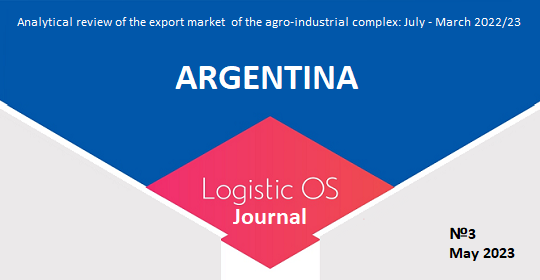The Ministry of Agriculture notes that in 5 years, the production of grain and leguminous crops in the Russian Federation should grow to 170 million tons, and total exports – to 80 million tons.
When developing plans for the coming years, farmers are guided by the presidential decree, which prescribes an increase in agricultural exports by 2030 by 1.5 times compared to 2021.
However, there are problems with achieving this goal so far.
For example, in the current season, grain supplies should amount to about 53 million tons. This is much less than in the previous season, when they amounted to 72 million tons.
“The reason for the decline was the reduction in carry-over stocks of grain crops to the level of average long-term values, which was due to record volumes of supplies in 2024. There are some other factors,” said Deputy Minister of Agriculture Maxim Markovich.
He also added that the record strengthening of the ruble that we are currently seeing has become another reason for the decline in Russian agricultural product deliveries abroad, since the profit that farmers and exporters receive from such deliveries has significantly decreased.
Nevertheless, according to experts, grain still remains the most important export category for Russian farmers.
In this area, there is active cooperation with foreign partners who are interested in building such grain deliveries that will be long-term and stable.
At the same time, Russian wheat is highly valued in various countries today.
For example, it occupies about 30% of the entire African market and is supplied to 40 countries located on its territory at once. Over the past 6 years, the volume of exports there has increased by about a third: from 15 million tons to 20 million tons.
Considering that both the population and the standard of living are actively growing in Africa, grain exports there may become even more in demand and promising in the foreseeable future.
Much attention is currently being paid to African countries such as Algeria, Libya, Kenya, Morocco, as well as Tanzania and Tunisia. In recent years, Russian grain supplies to many of these countries have been started from scratch, while to others they have been significantly increased.
At the same time, experts do not deny that there are currently problems in the grain export sphere.
Deputy Prime Minister Dmitry Patrushev admitted that the situation with grain exports is difficult, its dynamics have dropped compared to last year.
In addition to external factors, such as sanctions, it is necessary to deal with management decisions in order to overcome the existing difficulties.

